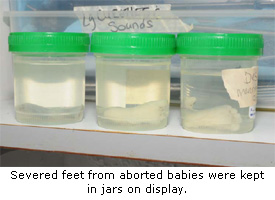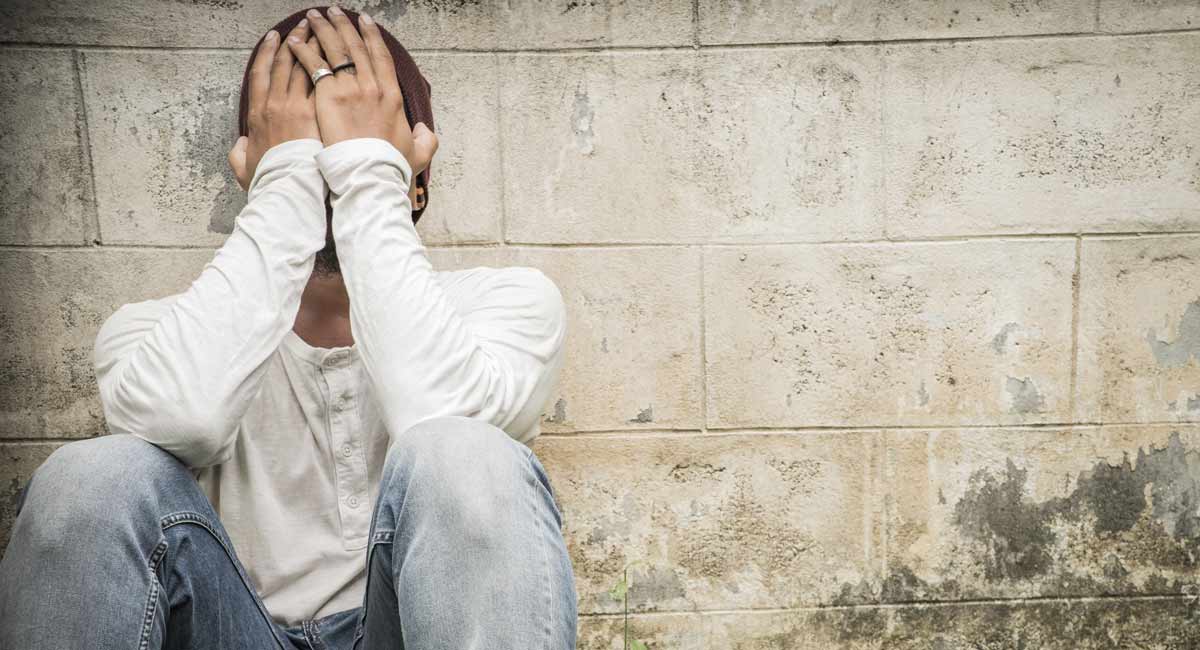History teaches us that those who witness grave human atrocities, including those who assist in ending them, are forever impacted. In 1945, 18 year-old Alan Moskin was part of a group of American soldiers who helped liberate a Nazi concentration camp at the end of World War II. What he witnessed affected him for many years to come until he eventually decided to speak about what he saw. He recounted that day to Time Magazine, describing the survivors of the gruesome Nazi concentration camp as “the living dead, zombies.” Moskin also witnessed “dead bodies on the left, piles of dead bodies on the right — and their arms and legs looked like broomsticks covered with no flesh.”
The memory of that day haunted Moskin so deeply that he refused to speak about his experience for 50 years. “The kids say to me, ‘Oh, you had PTSD.’ We never heard that term. The only term we heard back then was ‘shell-shocked,’” he said. “I sucked it up. By the time I got home, I took a key and locked up that part of my brain, and I threw that key away. If anyone asked me about the war, I said, ‘I did my job, I was under [General] Patton and I don’t want to talk about it.'”
PTSD stands for post-traumatic stress disorder, which the Mayo Clinic defines as “a mental health condition that’s triggered by a terrifying event — either experiencing it or witnessing it.”
READ: Post-abortion trauma is real, and researchers do women no favors by denying it
For those involved in efforts to end abortion, the stark reality of the slaughter of 60 million human beings can also be traumatic. Abortion is a genocide committed against an entire group of human beings—the preborn—which can have a traumatic impact on those who witness these horrific atrocities, including both those who work in the abortion industry and those who fight against it. Those who seek to end the killing and work tirelessly to rescue and defend innocent human life from the violent grip of abortion are, in many ways, emotionally changed by the realization of what is taking place.
Abortionist Kermit Gosnell was protected by the pro-abortion political machine for decades. He stored the remains of babies he aborted — specifically, baby feet — like trophies. As long as Gosnell’s acts continued behind closed doors, his acts of evil remained hidden. But once they were brought into the light, the nation became a witness to his “house of horrors.” During Gosnell’s trial, Assistant District Attorney Joanne Pescatore told jurors, “The standard practice here was to slay babies. That’s what they did.”

In rare moments like this when the horror of abortion is made public, it can cause even the strongest people to react with horror. Another horrifying incident happened in 1982, when approximately 17,000 aborted babies were found in a repossessed storage container in Los Angeles. One of the witnesses stated at the time, “I couldn’t believe — just little bitty babies… all torn to pieces. The heads chopped off — arms, legs … It just makes you sick seeing something like that. Really, you know, makes you want to cry to see something like that.” Images of that event were preserved and published in a paper called The American Holocaust. View some of the images here.
I am one of many who has witnessed first hand abortion and its horrific result on the baby and the mother. I can still recall with intense emotion the day I uncovered aborted children thrown into a trash dumpster and later held their dismembered remains. The memory of that day forever changed me.
READ: Aborted baby nightmares, breakdowns common for many abortion workers
While those who seek to save lives from abortion are strong, resilient, and unrelenting, battling all the time can take a toll. Even the most seasoned first responder knows that it is not healthy to be immersed in trauma and death day after day. Over the years, I have spoken with many pro-life activists, some of whom have been traumatized by the horror of abortion. Some report nightmares, some anger, and some have given up in a hopeless way. Others fight on but say they feel alone and isolated. It is easy to become bitter or hardened when dealing with the reality of dead preborn children day in and day out.
Pro-lifers must attempt to protect their emotions by gathering a support network around them to stay in the fight for the long haul. Take time with family for rest and reflection and remember that the battle is fought not just in human strength, but with the strength of the Creator of every human life.
“Like” Live Action News on Facebook for more pro-life news and commentary!







